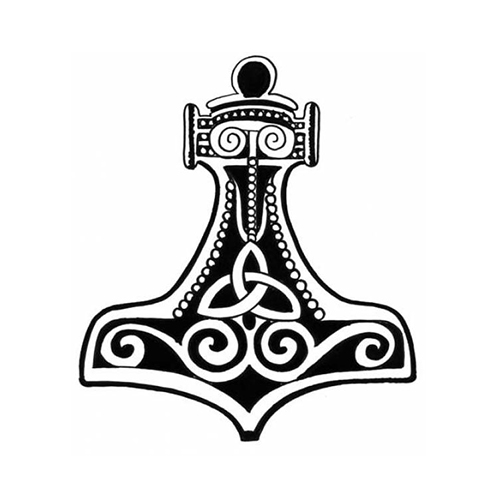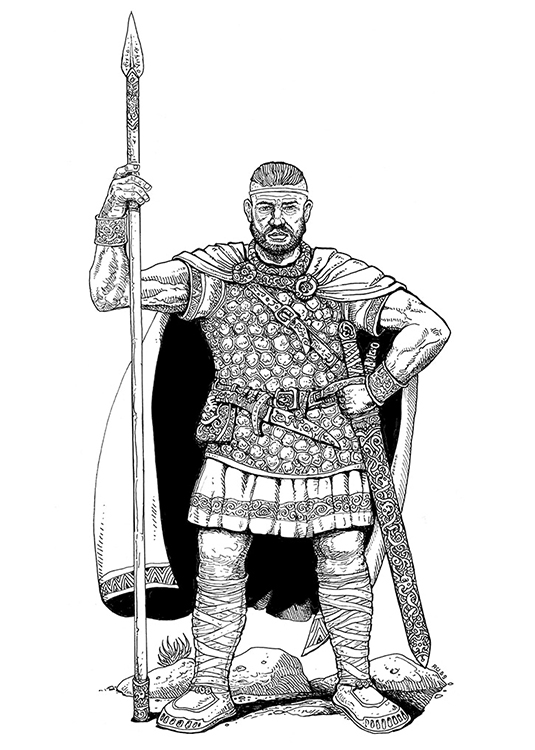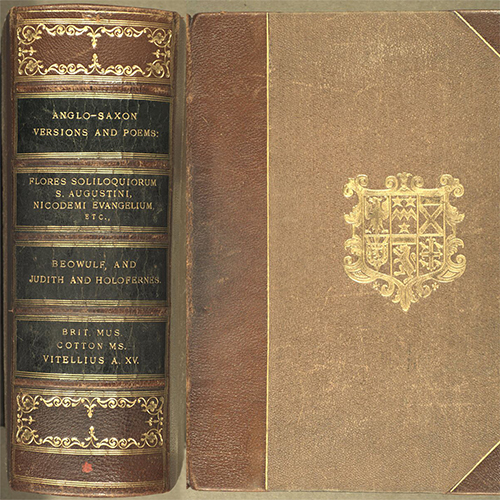About this myth
Beowulf Epic is a Prestige, Hero myth originating from the Norse Paganism belief system. The oldest attested artifact in our index that contains this myth was likely created around 975 CE. The main deity depicted in this myth is likely Beowulf. Others include and Grendel.
In a nutshell
Myth summary
Beowulf, the hero, helps the Danes by killing the man-eating monster named Grendel, and his mother. Afterwards, Beowulf returns home and becomes the king of the Geats, ruling until his heroic death over fifty years later. In his final battle, he slays a dragon. The poem ends by honoring the greatness of Beowulf.
Myth type: Prestige, Hero
Main deity: Beowulf
Belief system: Norse Paganism
Origin: Europe › Northern Europe › Sweden
Belief system
Beowulf
Main deity
While Beowulf was not a formal deity in the Norse pantheon, he was a mythical hero who had unusual skills and abilities.
arrow_forward More info Artifact
More information
Background
Beowulf is an Anglo-Saxon epic poem of Scandinavian origin, written in Old English. The events of the myth take place in Scandinavian countries like Finland, Denmark, and Sweden. The religious associated of Beowulf is a disputed topic as Christianity had been introduced into the area at the time of the myth's composition. Many scholars cite Beowulf's Christian symbolism; however, the cultural association is Norse according to contextual evidence in the poem.
There is only one surviving manuscript which contains the Beowulf myth: the Nowell Codex, or Cotton MS Vitellius 1515 A.XV. Beowulf's authorship is unclear, as well as its religious affiliation.
Texts related to this myth
See full texts of this myth via related artifacts. Where available, a translation is included.
All texts















